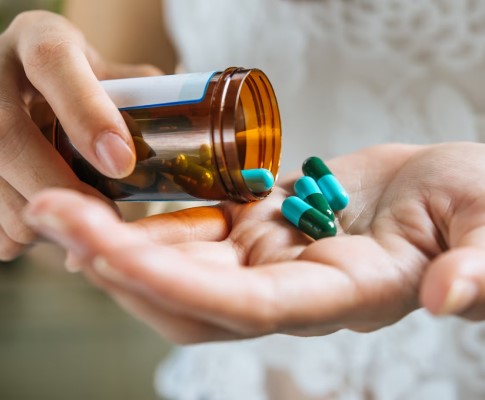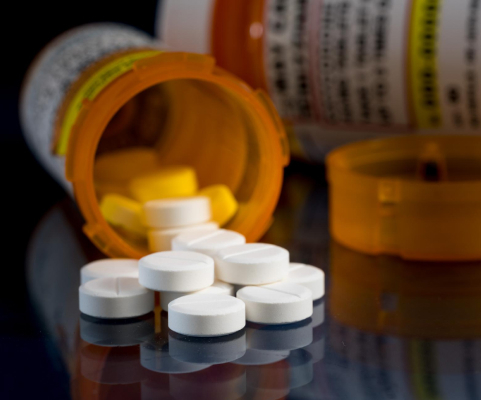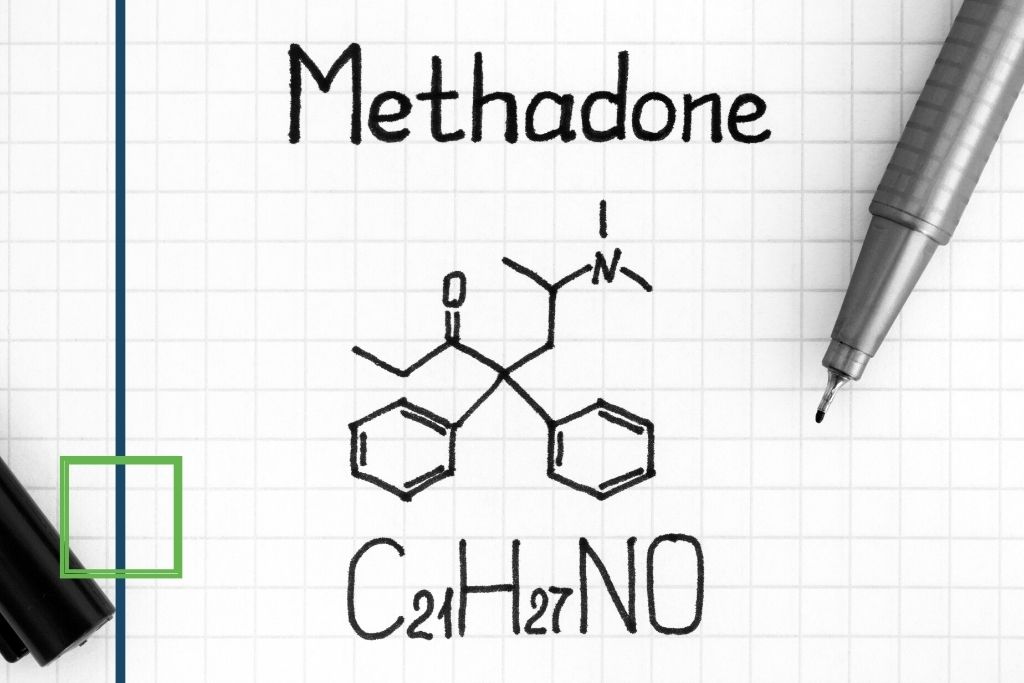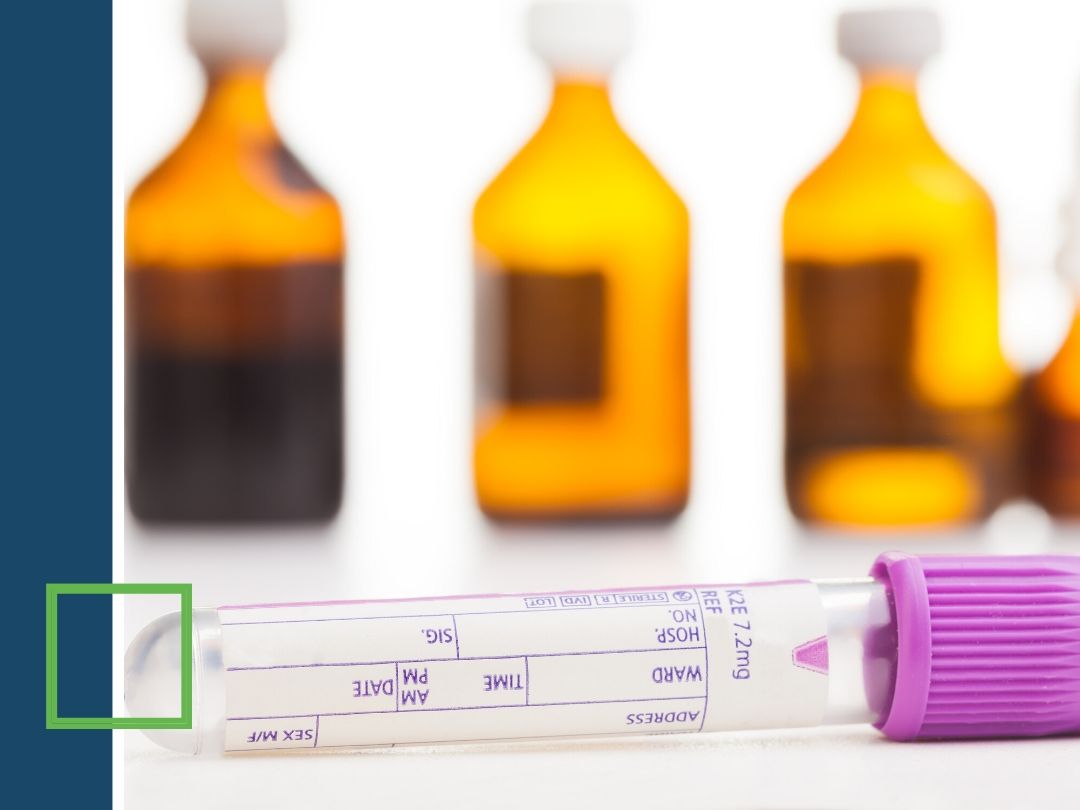Opium, a chemical substance derived from the poppy plant, has been around for millennia. However, stronger forms of opioids, such as heroin have become easier to access. Additionally, pharmaceutical companies developed fentanyl, a synthetic opioid that is 50 to 100 times stronger than morphine. Yet, fentanyl is given to laboring women in their epidural and prescribed by doctors in various forms to patients who complain of severe pain. These highly addictive substances have caused a crisis in America: the opioid crisis. As we watched overdose rates rise throughout the last decade, we were all left wondering, “how do we stop the opioid crisis?”
On the CDC website, their organization tackles 4 important aspects of addressing the opioid crisis and overdose prevention. Each of these aspects is just as important as the others because this is not a simple problem. In fact, the opioid crisis is highly complex. Eliminating opioid pain killers means leaving the pain of millions untreated and education on the risks of prescription pain killers alone will not help someone who is already addicted to opioids. A holistic approach must be implemented. The 4 areas to address include:
- Improve Opioid Prescribing
- Prevent Opioid Use Disorders
- Treat Opioid Use Disorders
- Reverse Overdoses
Improve Opioid Prescribing
The first way in which we can stop the opioid crisis is by improving opioid prescribing. This means providing physicians with better guidelines on when they should prescribe opioids to a patient. Some may also argue putting greater regulations on pharmaceutical companies. The CDC has developed a Guideline for Prescribing Opioids for Chronic Pain in which all practitioners with a license to issue prescriptions should be familiar with. Doctors, Physician Assistants, and Nurse Practitioners can all issue prescriptions and are trusted leaders in our communities. When your caregiver prescribes these medications, the patient trusts that it is in their best interest, as they should. Unfortunately, prescribers can often be swayed by pharmaceutical reps to issue more prescriptions for opioids and other drugs. In the end, the consumer also needs to be aware of what they are consuming. This takes me to the next point…
Prevent Opioid Use Disorders
The use of opioid painkillers will likely never be eliminated and pharmaceutical companies continue to maintain great control over the medical field. However, there is a lot that we can do as community leaders, teachers, parents, and individuals to educate on the risks of opioid pain killers and addiction. In fact, the CDC launched a section on its website called “Impact of the Opioid Crisis: Shared Stories“ where they talk about increasing RX Awareness. The main action points of the page include:
- Educating one’s self to be able to help those who are high risk
- Helping those who are struggling to find help and treatment
- Spread awareness through various means, including the use of the #RXAwareness hashtag.
Another way of preventing opioid use disorders and solving the opioid crisis is through prescription regulation. This includes requiring prior authorization on prescriptions, setting quantity limits, and implementing drug utilization reviews. These requirements may or may not be implemented, but could be required by state laws (something we will discuss further later in this article).
Treat Opioid Use Disorders
We know that poor prevention measures and prescribing practices have created a severely inflated number of individuals who are already addicted to opioids. Some will doctor shop to try and get multiple prescriptions and others switch to cheaper and more easily accessible illicit options. When the craving set in and withdrawal symptoms hit, someone who is addicted will become desperate. For these individuals, access to opioid addiction treatment is paramount. There are several ways to increase access to opioid addiction rehab programs:
- Businesses can help by offering health insurance to employees that cover mental health treatment.
- Provide government subsidies to help fund more addiction treatment facilities and personnel.
- Implement programs such as the Florida Drug Courts and the Marchmen Act to get help for those who need it.
Reverse Overdoses
The last aspect of how we stop the opioid crisis is reversing overdoses. Hundreds of thousands of American’s have lost their lives to prescription drug overdoses throughout the opioid epidemic. In order to prevent death and create the opportunity for recovery, we need to keep these individuals alive. Narcan, or naloxone, is a pharmaceutical drug that has proven to be very effective in reversing opioid overdose events. How accessible this drug should be have been quite controversial. The CDC has noted the following ways of expanding access to this medication:
- Standing orders at pharmacies
- Distribution through local, community-based organizations
- Access and use by law enforcement officials
- Training for basic emergency medical service staff on how to administer the drug
Opioid Addiction By State
The opioid addiction and overdose crisis has hit various states differently and the overdose rates are not always proportionate. Some states who saw severe increases in fentanyl-related overdoses acted in implementing the measures mentioned above and the numbers have since decreased. However, states that were slower to adapt have not seen the same improvements. Despite the fact that the White House declared a national crisis and dedicated government dollars to treatment and prevention, many of the regulations required to make significant changes need to happen at a state and local level. The CDC state success report mentions that in Florida “amounts of opioids prescribed decreased in 80% of counties from 2010 to 2015”. If each state takes a stand against opioids, there is hope.
At Level Up Lake Worth, we are happy to be a part of the solution and offering answers to the burning question, “how do we stop the opioid crisis”. However, we cannot do this alone. If you or a loved one is struggling with opioid addiction, get help from our team of trained and licensed addiction professionals.





